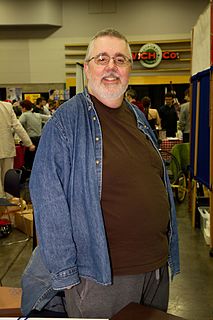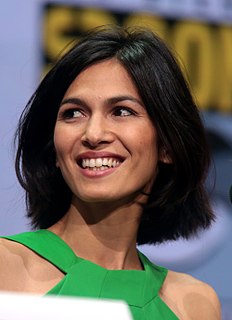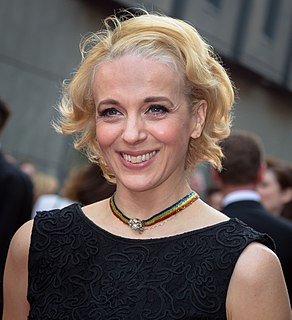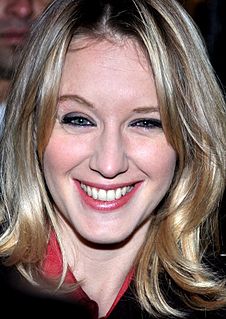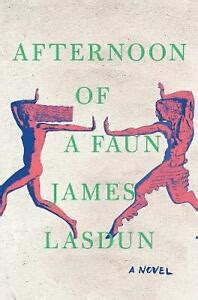A Quote by Kurt Busiek
What really matters is not how well a character fits a definition, but how strongly he or she resonates. Characters with strong, resonant ideas at their core will have more of an impact on the cultural consciousness than a character who's just an empty collection of attributes.
Related Quotes
I really feel our job as actors is to find a human experience in the character. So, for me, genre comes second; it's about script and the emotional journey of that character. Genre definitely has an impact, but it has more of an impact on the way the character is expressed. We all have the same core emotions of love, jealousy, rage - it's just how they're expressed.
Any script, even like The Founder, if it's something that I imagine myself playing this character or that character - any of the characters, basically - how do we flesh these characters out to be good enough to have amazing actors that come in that make it really difficult for them to say no? Even though I'm not right for any of those parts, that's just kind of how we go about it.
Also, worldbuilding touches all aspects of your story. It touches plot and character as well. If you don't know the culture your character comes from, how can you know what he's really like? You must know your characters on a much deeper level than you would if you just shrugged your way into a cookie cutter fantasy world.
The trouble with the jokes is that once they're written, I know how they're supposed to work, and all I can do is not hit them. I'm more comfortable improvising. If I have just two or three ideas and I know how the character feels, what the character wants, everything in between is like trapeze work.
Once, during an interview in front of my wife, I was asked, "Are you one of those actors who brings your character home? Do you stay in character?" I said, "No, not really. I don't do that," and she started laughing. I asked her why. She said, "Well, you might think you don't bring characters home, but you do." So, while I don't feel like a character is lingering, it probably is.
To me sympathy for a character has little to do with how morally upstanding or wicked they are. All that really matters for me is how human and interesting they are. I happen to be drawn to characters who operate under intense internal pressure, which often comes from some deep psychological conflict.
The character is everything that I felt really strongly against - she's superficial, materialistic, vain, amoral. She's all of these things, and I realised that I really hated her. How do you play someone that you hate? But I found it really interesting and it gave me a whole new insight into what my job, or my role as an actress, could be.
The test of a round character is whether it is capable of surprising in a convincing way. If it never surprises it is flat. Flat characters ... in their purest form ... are constructed round a single idea or quality; when there is more than one factor to them, we get the beginning of the curve toward the round. The really flat character can be experessed in one sentence such as, "I will never desert Mr Micawber." There is Mrs Micawber - she says she won't desert Mr Micawber; she doesn't, and there she is.
